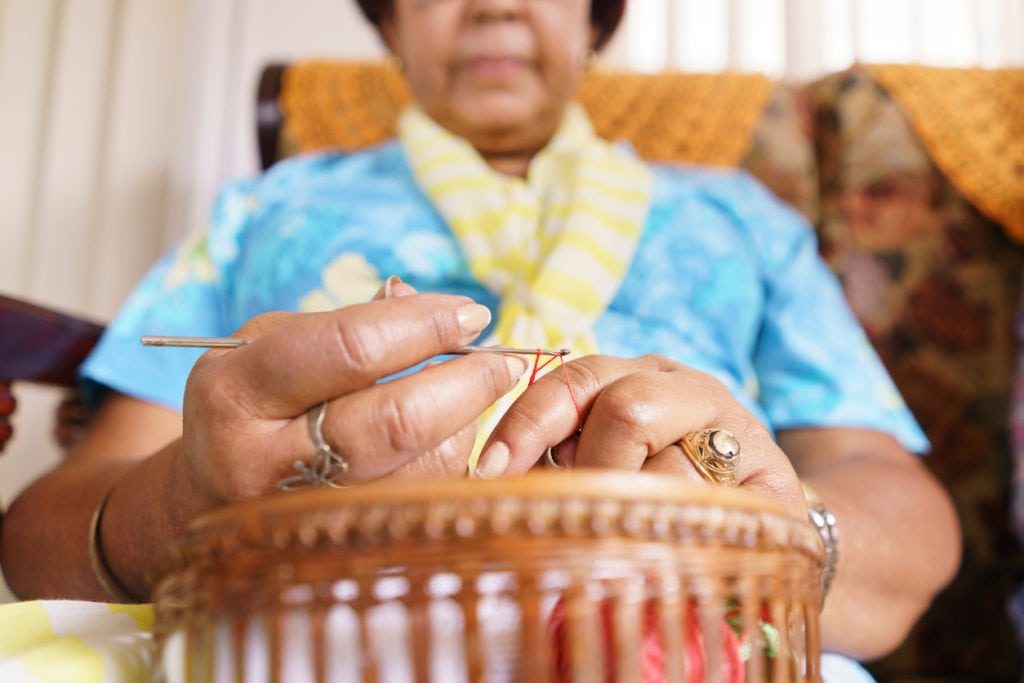Moving your aging loved one into a nursing home may be one of the most difficult decisions you ever have to make. At the end of the day, though, you need to consider your relative’s best interests, as well as the extent of care your family will realistically be able to provide as your loved one ages.
Unfortunately, making the decision to enroll your relative in a long-term care facility is only half the battle. After making that choice, you still have to find the right nursing home. Nursing home abuse is a very real problem in the United States, so it is critical that you take the time to research the options.
If your relative was already the victim of abuse or neglect and you want to file a nursing home lawsuit, contact the Dinizulu Law Group, Ltd. to discuss your case. Yao O. Dinizulu will help you hold the at-fault caregiver or facility accountable. Call 312-384-1920 to schedule a free case evaluation with a nursing home lawyer in Chicago.
Read on to learn three signs that your loved one may be ready to move into a nursing home:
- Frequent Memory Lapses
It is normal to experience minor memory lapses as you age. For example, it might take you a minute to remember the date or when you last saw your doctor for a wellness visit; however, if you notice your loved one is having more frequent or more severe memory lapses, it may be time to consider assisted living. Most senior citizens rely on a number of medications to thrive, and extensive memory lapses could have serious repercussions if they forget to take their medication on time.
- More Demanding Needs
If you find that your loved one’s needs are preventing you from caring for your own family adequately, it may be time to enlist the help of others. According to the Centers for Disease Control and Prevention, there are more than 12,000 home health agencies in the country, and you may be able to rely on one for a while to bridge the gap between what you can do and what your loved one needs done. At some point, though, it will likely make more fiscal sense to enroll your loved one in a nursing home full-time.
- Safety Concerns
If your relative falls in the shower, would he or she be able to get up? Does your loved one remember to turn the oven off when it is not in use? If the answer to either of these questions is “no,” you should consider nursing home care.
If you enrolled your aging relative in a nursing home only to discover that he or she was abused or neglected by the staff, contact the Dinizulu Law Group, Ltd. You may have grounds for a claim against the at-fault caregiver or facility.
Call 312-384-1920 to schedule a free consultation with an elder abuse attorney in Chicago. You can learn more about nursing home abuse claims in Illinois by visiting the USAttorneys website.




